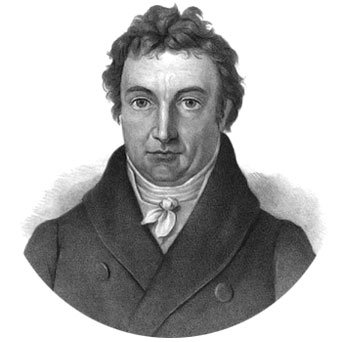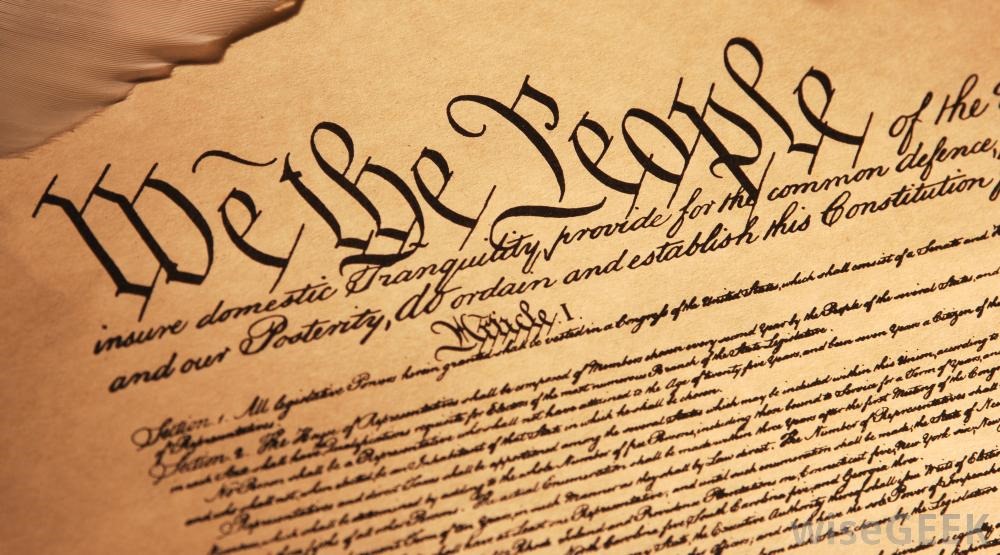Today in our Social Sciences lesson, Paqui has started the class correcting the scheme about The revolutionary ideologies: Nationalism and Liberalism. She has said that these ideas born during the French Revolution became newly revolutionary after the Congress of Vienna.
NATIONALISM: it's the political ideology that defends the right of the people or nations to decide by themselves. There are two different conceptions of nation:
- PROGRESSIVE OR INCLUSIVE: members of the nation are all those who want to belong to it and accept its laws and rules. This was the predominant conception of nation in France.
- CONSERVATIVE OR EXCLUDING: members of the nation are only those who share some common features, such as language, traditions, race...

Johan Gottlieb Fichte, author of the Address to the German Nation, origin of German nationalism.
In the 19th century several peoples submitted to the big Empires tried to form independent States based on the second idea of nation.
LIBERALISM: it's the political ideology based on the fact that human beings are born free and have some inalienable rights the State has to guarantee. The rights of the citizens are reflected in a Constitution. Sovereignty belongs to the nation, formed by the whole of the individuals. Citizens exert their sovereignty through the representatives they choose in the elections. Power is divided into three institutions to avoid abuse. Liberal trends:
- CLASSICAL LIBERALISM: property is the main right. Only those who have properties are considered to be citizens: they defended Census Suffrage.
- DEMOCRATIC LIBERALISM: equality before the law is the main right. All citizens are equal and have the right to vote: Universal Suffrage.

Preamble of the Constitution of the Usa.
Then we have started the point 4: The revolutionary waves of 1820, 1830 and 1848. For this point Paqui has drawn a table divided horizontally in 1820, 1830 and 1848 and vertically in Where? Features and development and Consequences.
Before completing the table we have read in the book about this point and then we have started completing the table with the help of Paqui but we have only had time to complete 1820, so she has given time to continued in class the rest of the table.
During the lesson we have added some new words for the vocabulary like:
- TO BE SORE/STIFF: tener agujetas.
- INALIENABLE: inalienable (que nadie te puede quitar).
- TO OWE: tener, poseer, ser propietario.
- OWNER: dueño, propietario.
- UPRISINGS: levantamiento.
At the end of the lesson she has given from homework to complete 1830 and 1848 and in my case do the journal.
2 comments:
Hello,
One thing: don't limit to copy the notes on the journal. You should add what you learnt.
These are my corrections:
….has started the class correcting the scheme about The revolutionary ideologies: Nationalism and Liberalism. She has said that these ideas born
Then we have started the point 4:
Before completing the table we have read on the book about this point and then we have started completing the table with the help of Paqui but we have only had time to complete 1820, so she has given time to continue in class with the rest of the table.
That's all. Bye!
Thanks Paqui, sorry but I had forgotten correct the journal. I have now corrected the errors. Bye!
Post a Comment